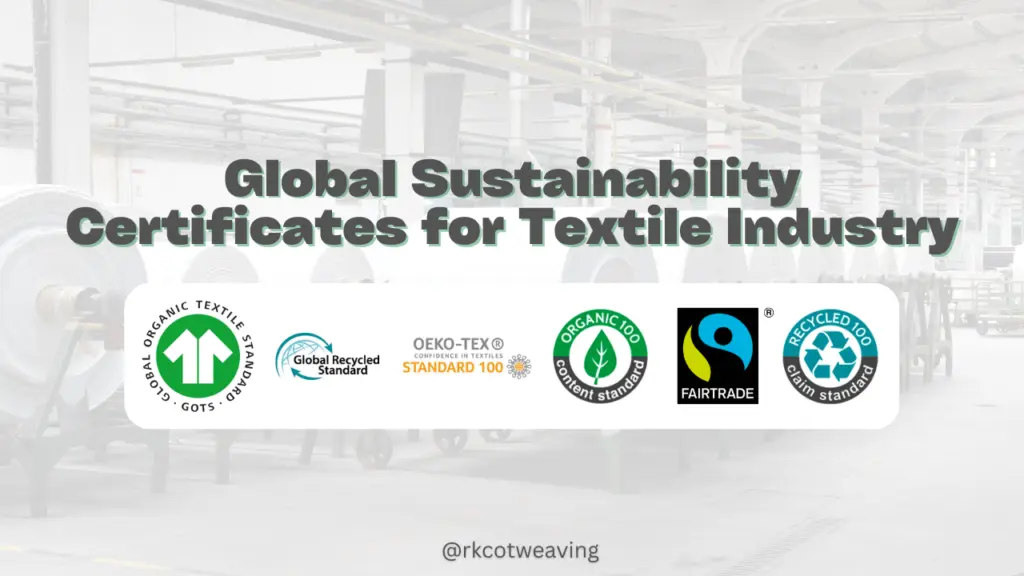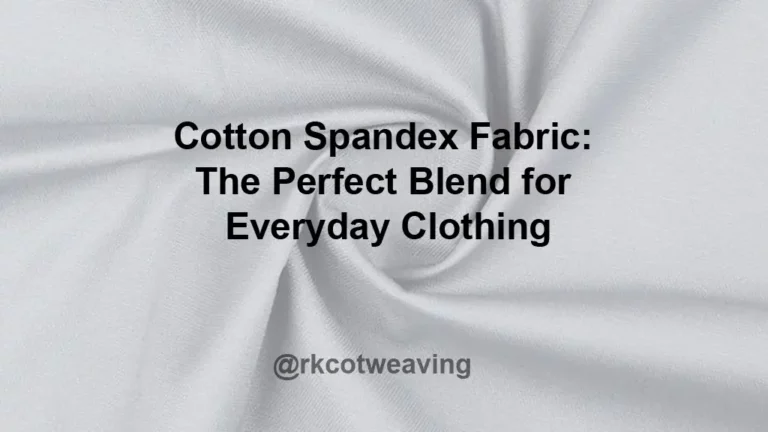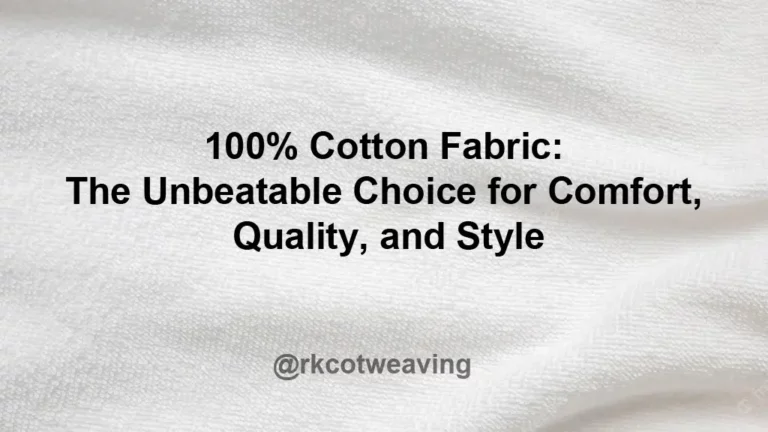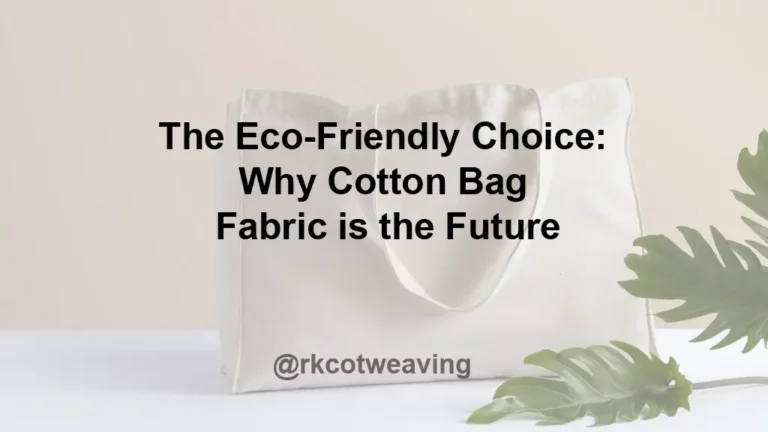Global Sustainability certificates for Textile Industry

Global Sustainability certificates for Textile Industry
Sustainability certification is becoming increasingly important for the global consumer, as the world’s population continues to grow and the environment becomes increasingly fragile. From a consumer’s point of view, a sustainability certificate is essential for ensuring that the textiles they purchase are produced ethically and sustainably. When companies obtain a sustainability certificate, it demonstrates to their customers that they are committed to reducing their environmental impact, while at the same time providing goods and services that benefit society.
The textile industry is a major contributor to global pollution and climate change. To reduce its environmental impact, the industry has begun to prioritize sustainability in production. One way to demonstrate a commitment to sustainability is by obtaining a sustainability certificate.
Certifications can take various forms, ranging from carbon emissions to energy efficiency. For example, a company may receive certification for its efforts in reducing carbon emissions, such as through its use of renewable energy sources or its commitment to reducing its reliance on fossil fuels. Similarly, organizations may receive certification for their efforts in minimizing their water usages, such as through water-efficient practices and the use of recycled water.
From the consumer’s perspective, sustainability certification provides assurance that the products and services they purchase are supporting the global environment and helping to create a more sustainable future. Certification provides consumers with the knowledge that the company or organization they are supporting has made a commitment to protecting the environment and is taking measures to minimize its environmental impact.
Also stainability Certificate helps to establish a chain of trust in the supply chain, by providing a way to trace the origin of a product. It also allows companies to demonstrate their commitment to sustainability and ethical sourcing. By certifying a product, companies can show customers that they have taken steps to ensure that their products are responsibly sourced and produced. This can help to build customer trust, and increase sales. The Sustainability Certificate also helps with compliance with sustainability regulations, as it provides an audit trail of the product’s journey from source to market.
Let’s have a look on some important sustainability certifications:
Global Organic Textile Standard (GOTS):
The Global Organic Textile Standard (GOTS) is a leading textile processing international standard for organic fibres, including ecological and social criteria. It is the leading processing standard for textiles made from organic fibres, such as organic cotton, linen, hemp, and wool. It is designed to define high-level environmental criteria along the entire organic textile supply chain and to ensure that organic fibre textiles meet high environmental and social standards. The GOTS standard covers criteria such as the production of raw materials, environmental-friendly processing, and social accountability.
GOTS covers a range of requirements that must be met to receive certification. These include:
- Use of organic fibres: The use of certified organic fibres is required for GOTS certification.
- Chemical restrictions: Strict limits are placed on the use of chemicals, including limits on the use of hazardous chemicals.
- Social requirements: The GOTS standard requires that workers be provided with safe and hygienic working conditions, as well as fair wages and other labour rights.
- Environmental requirements: GOTS requires that water and energy use be minimized, that wastewater is treated and that products are manufactured in an environmentally responsible manner.
- Traceability: GOTS requires that textile products be traceable from the raw material to the finished product. This ensures that all components of the product meet the GOTS requirements.
- Labeling: Products must be labelled with specific information about the organic content, certifier, and other relevant information.
Global Recycled Standard (GRS):
The Global Recycled Standard (GRS) is an international, voluntary and multi-stakeholder standard developed by the Textile Exchange. It provides a standard for tracking and verifying the content of recycled materials used in a product. The certification helps companies verify that the recycled content used in their products is traceable, legally sourced and environmentally responsible.
The GRS certification covers all stages of the product lifecycle, from the raw material to the finished product. It requires companies to provide detailed information about the source of the recycled materials as well as the processes used to create the product. Companies must also provide information about their labour practices and social responsibility standards. Companies must also provide detailed information about their environmental management systems, including energy efficiency and waste management practices.
The GRS certification includes an audit of the company’s processes and systems to ensure compliance with the standard. Companies must also provide evidence of their compliance with applicable laws and regulations. The certification is valid for three years, and companies must renew their certification every three years to maintain their certification status.
The GRS certification is designed to help companies create more sustainable and traceable products. It also provides consumers with assurance that the products they purchase contain recycled materials that have been collected, sorted, and processed in an environmentally responsible manner.
OEKO-TEX Standard 100:
Certification program developed by Oeko-Tex, a global association for the testing and certification of textiles. This certificate is awarded to companies that successfully meet the criteria. The criteria focus on environmentally friendly production processes and include criteria such as water and energy efficiency, waste management, and chemical use. The Oeko-Tex certificate is designed to help companies gain recognition for their efforts to reduce their environmental impact. The Oeko-Tex certificate is valid for three years and is renewed only if the company can demonstrate that it has maintained the criteria.
The certification process involves an independent assessment of a company’s sustainability performance across a range of criteria, such as energy and water use, waste management, health and safety, and compliance with applicable laws and regulations. The assessment is based on a combination of on-site audits and desk reviews. The assessment process is conducted by a third-party certification body, which is accredited by the Global Organic Textile Standard (GOTS).
Once the assessment is complete, each production facility is awarded a score based on its performance. Companies that score highly receive the Oeko-Tex certification, which demonstrates their commitment to sustainability and provides them with a competitive advantage. This certification is recognised by a range of leading brands and retailers and is increasingly being seen as an important factor in the selection of suppliers.
Organic Content Standard (OCS):
An Organic Content Standard (OCS) Certificate is a document that certifies that a product contains a certain percentage of organic material. The percentage of organic material is determined by the Organic Content Standard (OCS) test method, which is a laboratory test that measures the amount of organic material in a product by analyzing its carbon content. The OCS test method is based on the principle that organic materials contain a higher percentage of carbon than conventional materials. The organic content of a product must be at least 95% for it to be certified as “organic” under the OCS Certificate.
The Organic Content Standard (OCS) Certificate is issued by a third-party certification agency. The certification agency is responsible for verifying that the product meets the requirements of the OCS test method. The certification agency also performs audits to ensure that the product continues to meet those requirements over time. The OCS Certificate is valid for one year and must be renewed annually to remain valid.
The OCS is a certification system that tracks the organic material content in a product from the source raw material, through all the stages of production, manufacture, and distribution to the final point of sale. OCS certification is based on scientific testing and analysis of each component of a product or material to ensure that it meets the Organic Content Standard.
Fairtrade Sustainability Certificate:
The Fairtrade Sustainability Certificate for Textile Company is a tool that helps companies in the textile industry to ensure that their products are produced sustainably and ethically. It is a tool that helps companies to demonstrate their commitment to sustainability and ethical business practices. It also helps companies to gain recognition from customers, retailers, and other stakeholders for their commitment to ethical and sustainable practices.
Better Cotton Initiative (BCI):
The Better Cotton Initiative (BCI) is an international not-for-profit organization that works to make global cotton production better for the people who produce it, better for the environment it grows in, and better for the sector’s future. BCI works with a wide range of stakeholders to promote measurable standards, build capacity and facilitate collaboration.
BCI’s sustainability certificate is awarded to textile companies that meet the standards set out by the BCI. These standards require the company to maintain a documented and traceable supply chain, ensuring that the cotton used in their products is Better Cotton. The certificate also requires the company to have a strong commitment to social responsibility and environmental stewardship and to maintain proper records of its production activities. In addition, the certificate requires the company to participate in the BCI monitoring and evaluation program.
Achieving the BCI sustainability certificate would demonstrate a company’s commitment to sustainability and the Better Cotton Initiative. The certificate would be a way for textile companies to differentiate themselves from competitors and attract more customers. It would also help to build trust and credibility with their customers, as well as with the Better Cotton Initiative.
Recycled Claim Standard (RCS):
The Recycled Claim Standard (RCS) is an industry-wide certification program that verifies the sustainability of textile companies. The RCS certifies that a textile company has taken steps to reduce its environmental impact, maximize the use of recycled materials, and increase transparency in its supply chain. The RCS certification guarantees that the company meets all of the requirements outlined in the RCS standard, which include:
- Use of recycled materials, in particular post-consumer materials, in the production of textiles
- Adherence to industry best practices for resource and energy efficiency
- Use of eco-friendly processes, such as chemical-free dyeing and bleaching
- Commitment to responsible sourcing of materials, including a ban on the use of any materials derived from endangered species
- Commitment to fairer working conditions for employees and transparency in payment practices
- Commitment to reducing waste, including the use of reusable packaging and sustainable production methods
- Commitment to regularly monitoring and reporting on the company’s sustainability efforts
By obtaining the RCS certification, textile companies demonstrate their commitment to sustainability and are better equipped to meet the demands of an increasingly eco-conscious consumer market.
Conclusion
Overall, sustainability certification is becoming increasingly important for the global consumer. Not only does it assure that the products and services they purchase are supporting the global environment, but it can also provide organisations with a competitive advantage and access to new markets. For these reasons, sustainability certification is becoming an increasingly important factor for businesses and organizations alike. That’s why RADHEY KRISHNA COTWEAVING (RKC) is a global leader in sustainability-certified textiles. The company is committed to developing and producing sustainable fabrics, apparel and home textiles that are ethically sourced, environmentally friendly and truly sustainable.
RADHEY KRISHNA COTWEAVING (RKC) is certified by the Global Organic Textile Standard (GOTS) with certification number: CU-1148450. The company uses only organic fibres, no synthetic or chemically treated fibres are used in the production of their fabrics. The company is also certified by the Global Recycled Standard (GRS) with certification number: CU-1148450 for the use of recycled fibres in their products. RADHEY KRISHNA COTWEAVING (RKC) is committed to producing high-quality fabrics certified by the Better Cotton Initiative (BCI) with certification number: 1010062-1 for environmentally and socially responsible way. The fabrics produced by the company are perfect for creating stylish, sustainable fashion and home decor items. RADHEY KRISHNA COTWEAVING (RKC) is a leader in sustainability, and its commitment to producing eco-friendly materials has won it numerous awards and recognition from leading industry organizations.
The material and information on this website and blogs are provided solely for general information purposes. Author makes no claims about the accuracy or completeness of any information. The same is true for this site or any site reached by following any link on this site. The author cannot be held accountable for any errors or omissions in this information. You should not use the material or information on this website to make any business, legal, or other decisions.







